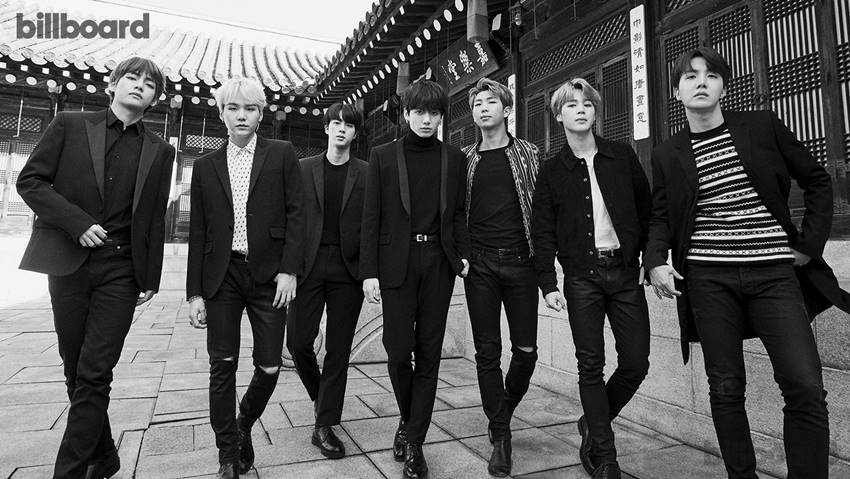-

Credit: Peter Ash Lee / Billboard
By Jae-Ha Kim
jaehakim.com
December 4, 2021
A Hankook Ilbo reporter contacted me on October 1, 2018. He was writing an article about BTS and wanted me to provide some background information for him and give him some quotes. Unlike the French publication, Libération — which at least responded to my queries — this Korean reporter completely ghosted me after I gave him what he needed.
Being left out of an article happens. But I’ve only had two instances where the reporter who contacted me just played dead once they got what they wanted. (The other was Grazia, which misquoted me, despite my having answered via email.) Anyhow, this is how I answered his emailed questions in 2018…
Q: What school does your son go to? (I wonder if he is in elementary, middle, or high school)
A: He is in elementary school.
Q: The U.N. speech of the BTS is a hot topic. I think there will be repercussions among American parents. What moves were there?
A: Many of the adults I personally know who heard the speech were very impressed at how composed Kim Nam-joon was, how well spoken he was with his speech and also at how he had taught himself to speak fluent English. His speech was very heartfelt and poetic. One of the topics that schools often address with students is bullying and the need to be inclusive with classmates. Nam-joon’s speech — and BTS’ platform in general — speaks to having a strong sense of self. Because loving yourself can give you the strength to persevere, even when things get really tough.
Q: Have there been any movements of recognition toward Asian culture with BTS’ success?
A: There has been some change with the popularity of BTS and movies such as “Crazy Rich Asians.” But it’s happening slowly. To put things into perspective, I was sent to interview American boy bands (‘N Sync, Backstreet Boys etc.) and review their concerts each time they played in Chicago. But as far as I know, the two major newspapers in Chicago have never reviewed a K-Pop concert. And neither of the major newspapers here sent a music critic to review BTS’ Chicago concert last night (Oct. 2, 2018) at the United Center. The only time there is K-Pop coverage for a major Chicago newspaper is when I interview the artists (BTS, Monsta X, Tiffany Young of Girls’ Generation, Eric Nam, San E. etc.). The editors in Chicago just aren’t interested in covering Korean music yet, even if it’s BTS. I do think they will one day, but that day hasn’t come yet. (They are being covered in other major markets, such as Los Angeles though, which is wonderful.)
Q: What is the social significance of BTS’ success in the US?
A: As a parent, I’m most grateful that Asian American children today have pop culture role models who look like them. It’s so important for children to see themselves represented. When I was my son’s age, there were no famous artists in the U.S. who were talented, young, handsome, great role models AND Korean! I’m so happy that he has BTS to listen to, laugh with and look up to. (Reporter: Seungjoon Yang, comeon@hankookilbo
© 2021 JAE-HA KIM | All Rights Reserved
One thought on “The Social Significance of BTS in the U.S.”